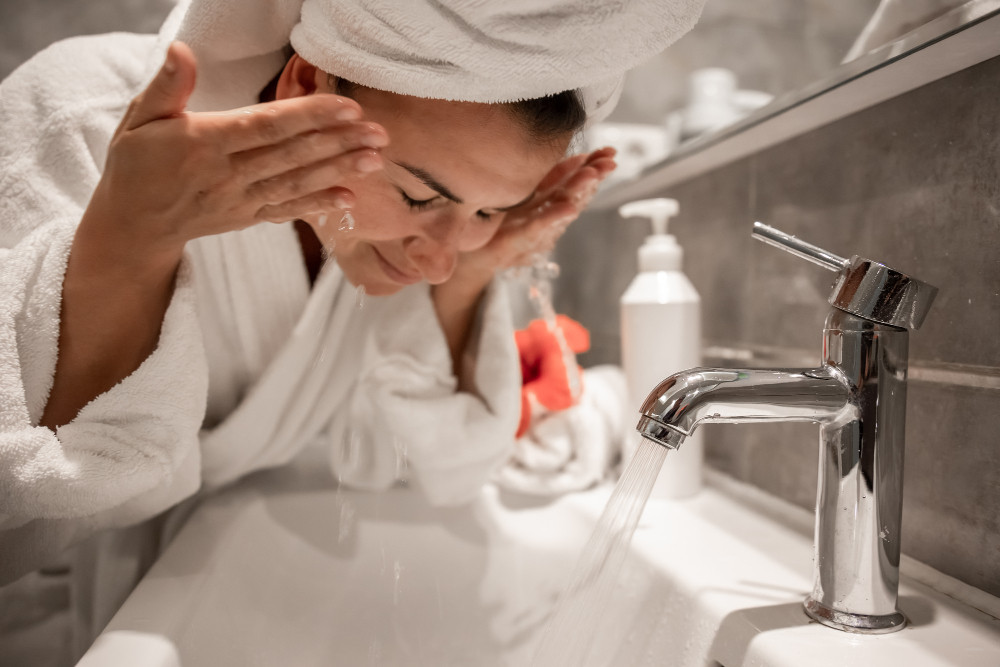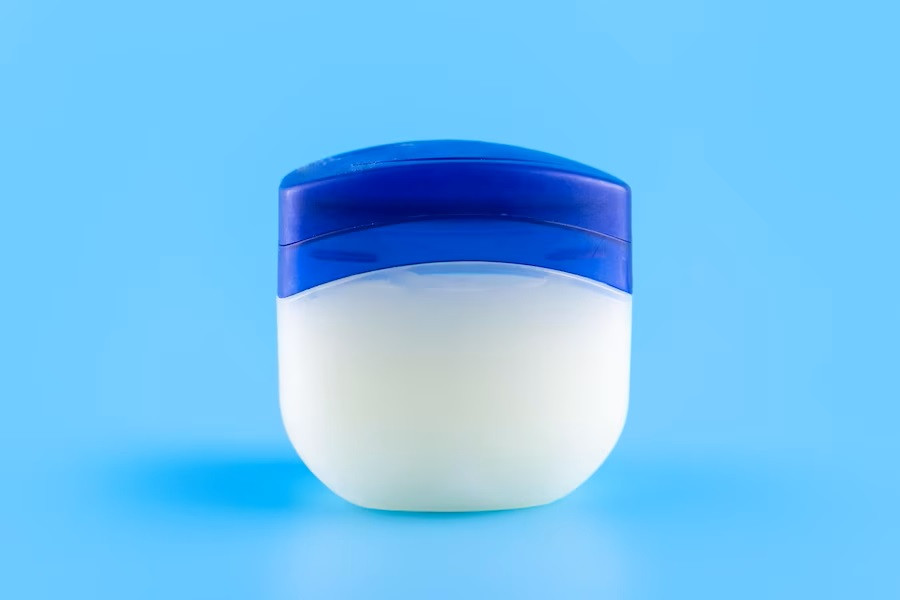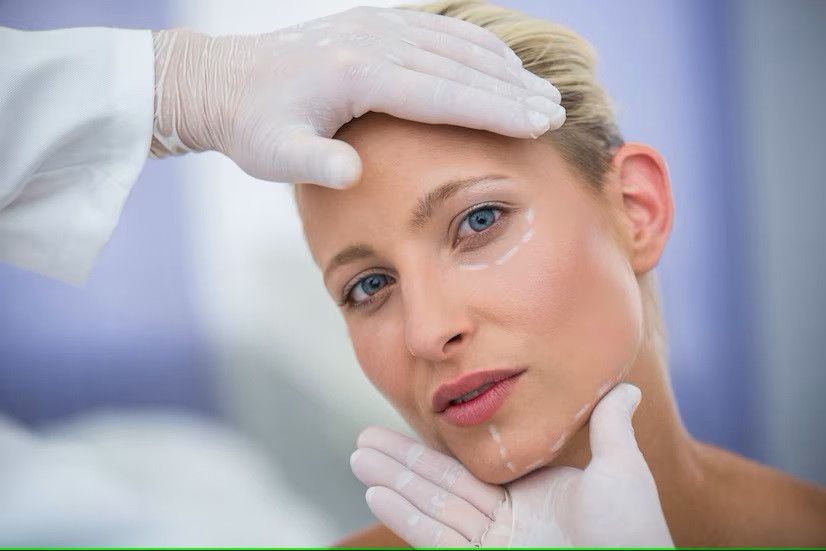After a day of outdoor activities, you might want to wash your face to make your skin fresher. Cleansing your face may help remove excessive sebum production and accumulations of dead skin cells that cause acne.
So, which one is better, washing your face with cold water or warm water?
Washing your face with warm water is claimed to have a number of benefits. Reporting from Byrdie, washing your face with nail-warm water is considered better than washing your face with hot water. Applying hot water to wash your face might worsen skin conditions, including rosacea and atopic dermatitis or eczema.
It is recommended for those using beauty care products, like face wash, to cleanse their faces with warm water. There is a logical explanation for this: washing your face with warm water causes the pores to enlarge, facilitating the removal of dirt, oil, and dead skin cells.
What are the benefits of washing your face with cold water?
Just like washing your face with warm water, cleansing your face with cold water is also beneficial for maintaining skin condition. In addition to refreshing, washing your face with cold water is beneficial for providing a sense of comfort and reducing pain and swelling.
If you are experiencing acne or breakouts, washing your face with cold water may relieve inflammation and prevent acne from getting worse. Applying cold water to cleanse your face helps enhance blood circulation to the skin, resulting in improved skin health and a more rejuvenated appearance.
Another benefit is that exposure to cold water may relieve under-eye puffiness while you are experiencing inadequate sleep or upon waking up.
Which is better: washing your face with cold or warm water?
Each method of face cleansing has its own advantages and disadvantages. For this reason, you should adjust it according to your needs and skin type.
If you want to remove dirt, you should use warm water to wash your face. But if you have acne, you should wash your face with cold water to reduce inflammation.
Reporting from Healthline, you can also combine the two to get maximum skin health. For example, wash your face with warm water first to cleanse and remove any remaining makeup and dirt on your face.
Afterward, wash your face with cold water to tighten pores and improve blood circulation. Smooth blood circulation can make facial skin look fresher and healthier.
Tips for Proper Face Cleansing
The method of washing your face may affect health and skin appearance. The American Academy of Dermatology Association (AAD) recommends the following face-washing practices:
- Use a gentle facial cleanser that does not contain alcohol and is not abrasive.
- Wash your face with warm water and use your fingertips to apply the cleanser.
- Avoid scrubbing your face too hard
- Rinse with cold or warm water as needed and pat dry gently.
- Apply moisturizer to prevent dry and itchy skin
Washing your face with warm or cold water provides its own benefits. You can apply warm or cold water according to your skin's needs. If you have any doubts, you can consult by downloading the Ai Care app on the Play Store or App Store.
Looking for more tips and information about other health conditions, first aid, and home remedies? Click here!
- dr. Alvidiani Agustina Damanik
Kester, S. (2021). Should You Wash Your Face with Cold Water?. Available from: https://www.healthline.com/health/beauty-skin-care/wash-face-with-cold-water#cold-vs-hot
Krietsch, B. (2022). Is Cold Water the Key to Face Washing? Dermatologists Weigh In. Available from: https://www.byrdie.com/cold-water-face-washing-5235616
American Academy of Dermatology Association. Face Washing 101. Available from: https://www.aad.org/public/everyday-care/skin-care-basics/care/face-washing-101











